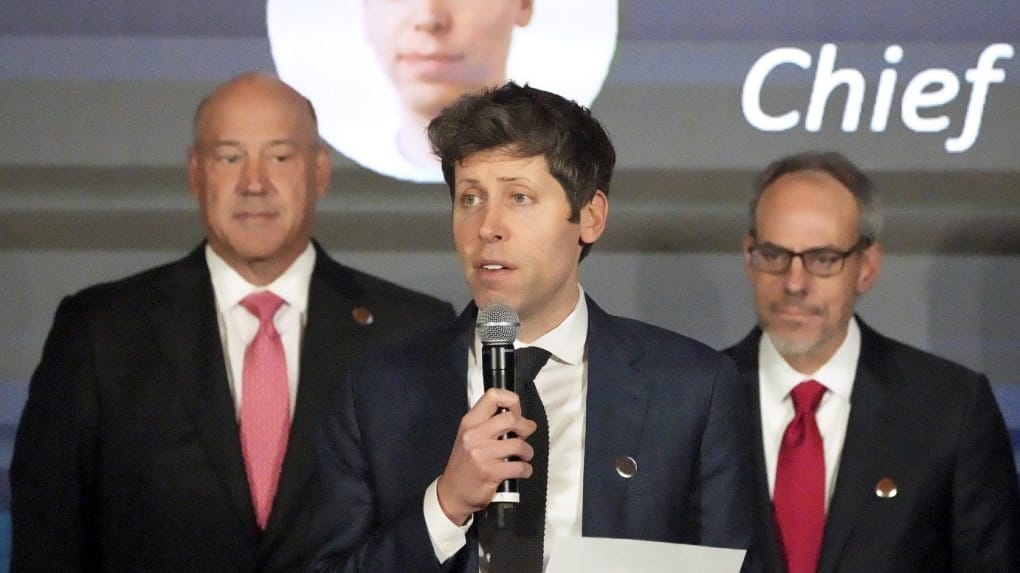OpenAI looks to shift away from nonprofit roots and convert itself to for-profit company
No final decision has been made by the board and the timing of the shift hasn’t been determined, the source said.

OpenAI's journey as a nonprofit research organization that also sells products like ChatGPT may be nearing a significant transformation as the San Francisco-based company contemplates a full transition into a for-profit corporation accountable to shareholders.
According to a source familiar with the discussions, who cannot speak publicly, the company's board is weighing the option to restructure as a public benefit corporation, a corporate form designed to generate profits while benefiting society.
While OpenAI has an existing for-profit division where the majority of its employees work, it is overseen by a nonprofit board of directors dedicated to serving humanity. This governance model would shift if the company transitions to a public benefit corporation.
No final decision has yet been reached, and the timing of this potential shift remains uncertain, the source noted.
In remarks made at a tech conference in Italy, OpenAI CEO Sam Altman acknowledged that the company is exploring a restructuring but clarified that the recent resignations of key executives were unrelated.
Speaking at the Italian Tech Week event in Turin, Altman indicated that OpenAI is considering an overhaul to progress to the "next stage," emphasizing that this was not tied to the resignations of Chief Technology Officer Mira Murati and two other senior leaders the previous day.
“OpenAI will be stronger for it as we are for all of our transitions,” Altman stated. He added, “I saw some stuff that this was, like, related to a restructure. That’s totally not true. Most of the stuff I saw was also just totally wrong,” though he did not provide further details.
However, he did confirm that the company has been contemplating a restructuring, noting that the board has been reviewing a revamp for the past year to determine what is needed to “get to our next stage."
OpenAI reaffirmed on Thursday that it would maintain its nonprofit arm. “We remain focused on building AI that benefits everyone, and as we’ve previously shared, we’re working with our board to ensure that we’re best positioned to succeed in our mission,” the company said in a written statement. “The nonprofit is core to our mission and will continue to exist.”
Altman characterized the departures of Murati, Chief Research Officer Bob McGrew, and another research leader, Barret Zoph, as merely a matter of individuals ready for "new chapters of their lives and a new generation of leadership."
These resignations are part of a broader trend of high-profile exits, including the departures of OpenAI co-founder Ilya Sutskever and safety team leader Jan Leike in May. Leike had criticized OpenAI for prioritizing products over safety in his statement.
The internal tensions at OpenAI have largely stemmed from its atypical governance structure. Founded in 2015 as a nonprofit with the aim of safely developing advanced AI for the benefit of humanity, OpenAI has evolved into a rapidly growing business while still being governed by a nonprofit board committed to its foundational mission.
This unique arrangement allowed four board members — Sutskever, two external tech entrepreneurs, and an academic — to briefly remove Altman from his position last November amid a "significant breakdown in trust" between the board and top executives. However, with support from Microsoft, a powerful ally, Altman was reinstated as CEO within days, and a new board was established to replace the former one. In May, OpenAI also reinstated Altman on the board of directors.





